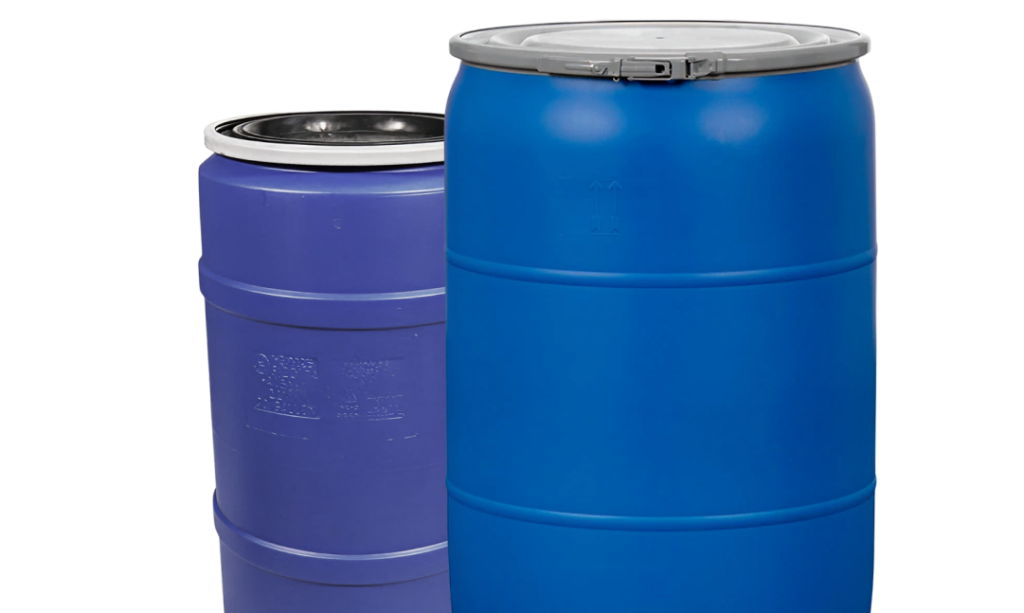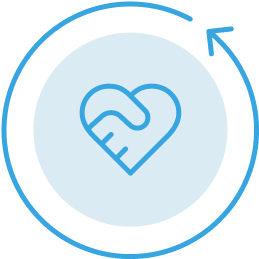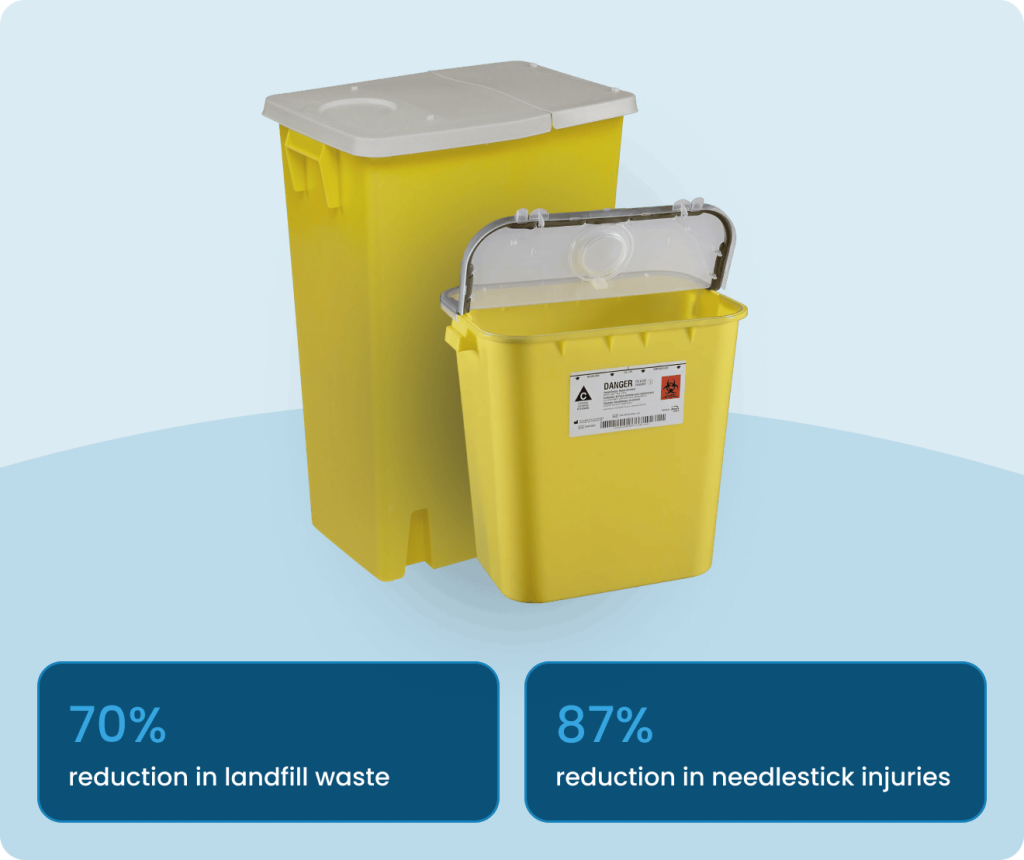Chemotherapy Waste Disposal
Chemotherapy Waste Disposal Services
Biogenic Solutions provides USP 800 and RCRA-compliant chemotherapy waste disposal across Texas and Oklahoma. From trace to bulk chemo waste, our secure containers, reliable fleet pickups, and detailed compliance documentation help healthcare facilities meet TCEQ and federal regulations while safeguarding staff, patients, and the environment.









